If you're thinking about a .split() function (a la simple split on each comma) to parse csv data, you're thinking about it the wrong way. Typical generic Split() functions are wrong for csv because there are all kinds of edge cases that can trip them up, and because the performance is not good.
The right way to parse csv data is with a purpose-built state machine (and not a state machine defined by a regex). The good news is that you don't have to write that state machine yourself. The bad news is that you have to be careful, because Google is littered with bad javascript csv parsers... the current first result of a quick search I did, for example, is a bad example hosted here on Stack Overflow itself. The example relies too heavily on regex, which has a hard time with nested quoted text. It's possible to build a regular expression that will work, but it's also easy to get wrong, is hard to maintain, and the performance of the expression won't typcially be as good (because the expression will need to do back-tracking). Parsing CSV data soley with regular expressions is almost as bad as parsing html with regular expressions.
Here's the first good (state machine -based) example I saw in Google:
http://yawgb.blogspot.com/2009/03/parsing-comma-separated-values-in.html
This particular parser assumes commas as the delimter (as opposed to something like tabs, semi-colons, or pipes) and assumes double escaped quotes (quotes inside a quoted text field are escaped by themselves, like this: ""). If that matches your data, then this example will probably be good — but again, this was a quick search; I didn't look too closely myself. Otherwise, keep trolling google or use this example to write your own.
Moving on from there, I'm curious because it sounds a little bit like you might be using Excel or flat csv files as the primary data store for your web site. This is also just a really bad idea. Both Excel and flat files have huge concurrency problems as you start to have several people using the page at about the same time. Performance will likely be a problem, too, though I hesitate to stretch that point too far; it's better to say that performance will be what you make of it, but it's easy to get very wrong for flat files.
